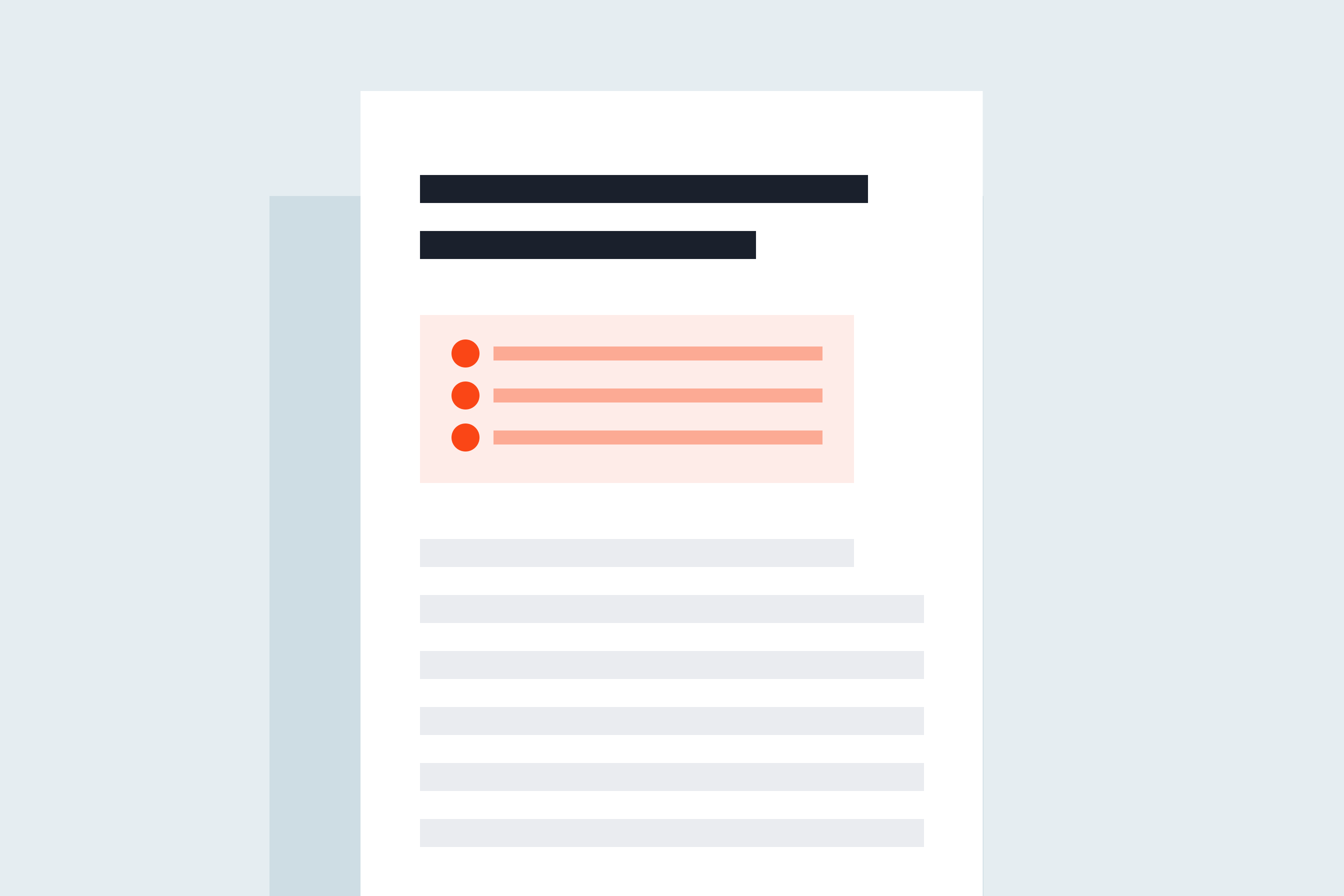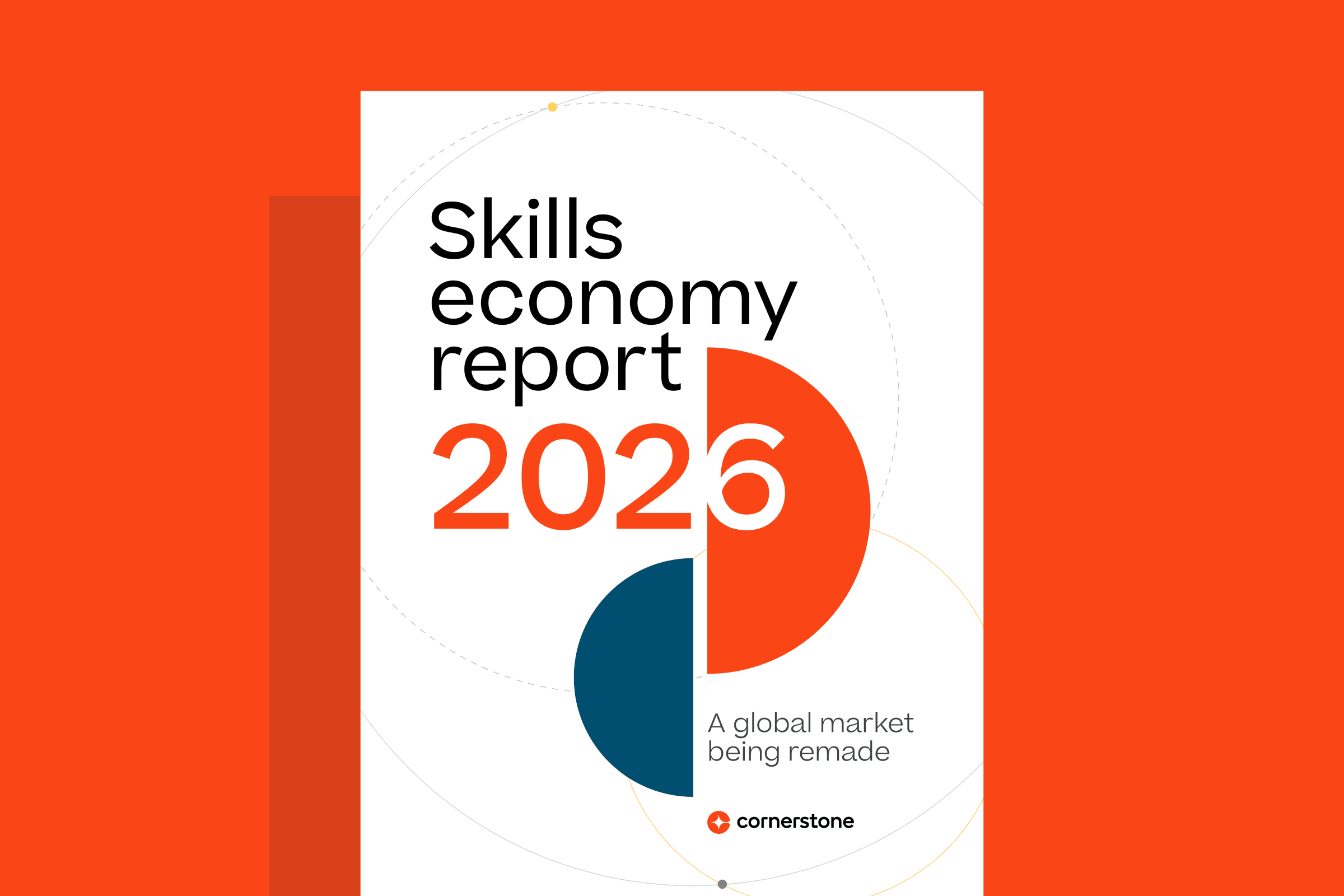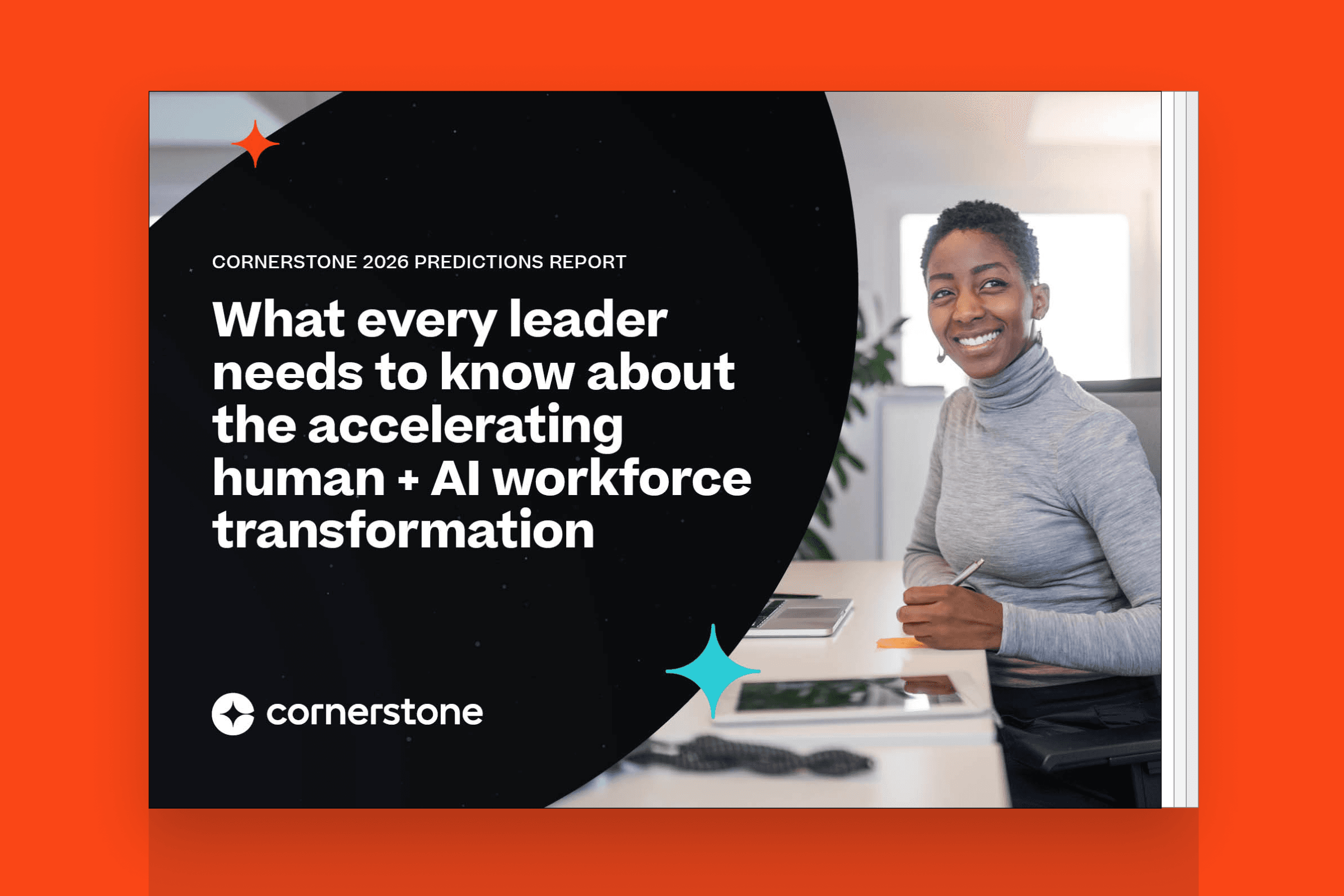In The Inevitable, author and co-founder of Wired magazine Kevin Kelly describes twelve disruptive technological forces. One is "becoming," in which products, services and relationships are perpetually both obsolete and upgraded. Take, for example, the 10-year anniversary of the iPhone—as soon as a new one emerges, it's the hottest thing on the market, and the old version dramatically decreases in value.
This trend of "becoming" means organizations—and their talent departments—must be more agile. An Accenture report found that CEOs list becoming agile as their number three business priority. And to compete in this fast-changing world, says the report, "HR will fundamentally reshape itself so that the function becomes a critical driver of agility. In this role, HR will enable a new type of organization—one designed around highly nimble and responsive talent."
Beyond being agile, HR must prepare leaders, workers and HR systems for this new world of perpetually upgraded work.
Perpetual Upgrades: Simultaneously Obsolete and New
The iPhone's ten-year anniversary is a great example of exponential change that has become so common. Who could have imagined today's "phones" a decade ago? The change wasn't noticeable, because it occurred through small and incremental "upgrades" to things like cloud storage, application developer communities, integrated search, speed, artificial intelligence and hardware quality and reliability.
This pattern of incremental change leading to exponential differences is everywhere. Virtually all of your technology quietly upgrades in the background. And if you opt out of the upgrades for too long, your technology no longer works. Once you upgrade one thing (your phone operating system) you must upgrade others (your apps). Eventually, you replace your technology just keep up. For example, the iPhone 7 has no headphone jack, so wireless headphones must replace wired ones. In The Inevitable, Kelly observes that this is often heartbreaking and annoying: Some of us really liked those wired headphones. Yet as consumers, we don't notice how much we've already adjusted to perpetual upgrades.
The Perpetually Upgraded Work and Worker
Agile products and services drive agile organizations and agile work. Here are some commonly-described differences between traditional and agile HR:
What is often overlooked is that the right-hand column means ways of working will require constant "upgrades," too. Workers and leaders must perpetually replace old work routines and habits and, over time, the incremental change will produce exponential differences. Technology users learn to embrace perpetual upgrades that are both exhilarating and annoying, so leaders and workers must learn to embrace perpetual "upgrades" in work and work arrangements.
In the 1990's, land-line handsets were reliable and they worked the same way for decades. This sounds a lot like "good jobs" that lasted decades and offered reliable rewards. Many in the 1990's rejected the iPhone, noting that it would require a vast community of application developers, and massively improved computing power and storage. Today, some reject the idea of perpetually upgraded work because it will require a vast community of connected work providers, workers and powerful cloud-based computing power, storage and AI.
But think about it this way: Do you want to go back to using a land line? Upgrades are never perfect, but the ecosystem has evolved with optimization frameworks, and human and AI assistance. The parallels with work seem unavoidable, suggesting we will see the same evolution. In fact, change has already begun.
Beyond Agile HR ... Leading Agile Work and Workers
In your organization, there are likely already signs of upgraded work that is "becoming" something new. Perpetually upgraded work means that each day, the work becomes a little more automated, the source of workers becomes a little more boundless, the rewards become a little more immediate and non-monetary, and learning becomes a little more virtual and community-led.
Even after a decade, not everyone uses all the features of their iPhone; in the same way, not every aspect of work will be upgraded in the future. However, as systems increasingly support perpetually upgraded work, we can see now solutions to thorny dilemmas, such as engaging talent when you can't predict the future, displaced worker adjustment and work delivered "as a service."
Agile Work is understandably daunting, and the path will not be perfect, but it's a bit easier to imagine when we look back 10 years at the "exponential" way we have adapted to perpetually upgraded phone technology. Incremental upgrades made us today's iPhone users, and incremental upgrades will create the future of work. Prepare to be perpetually annoyed and exhilarated.
Photo: Creative Commons


